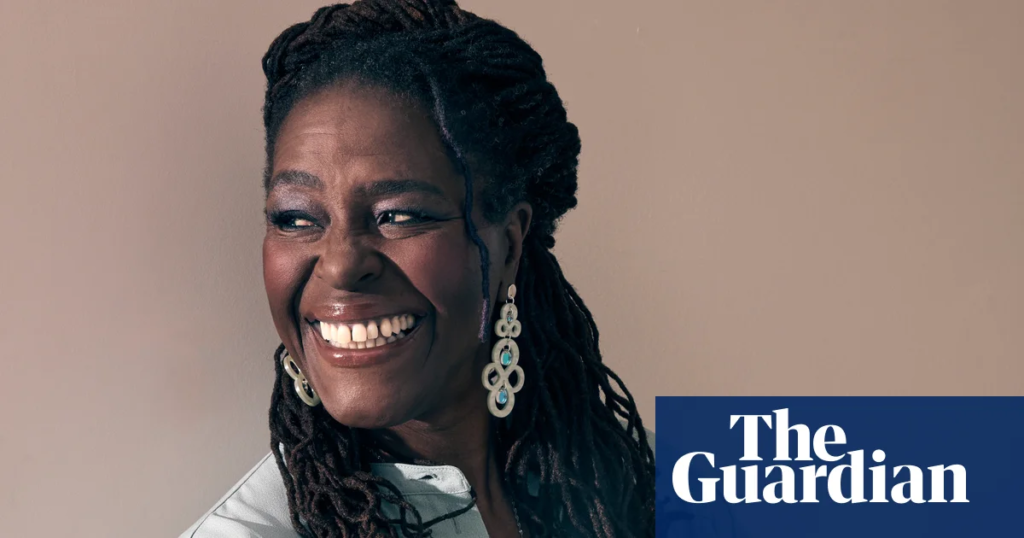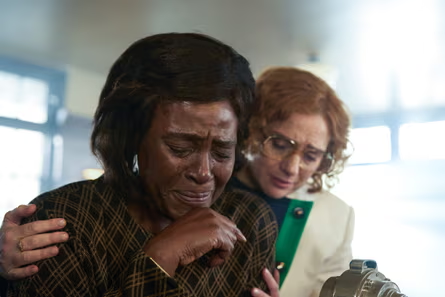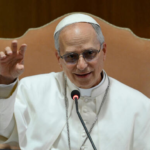Introduction
“We have so many talented Black British actors who had to leave in order to work,” said Sharon D Clarke, reflecting on the systemic barriers in the UK acting industry. Her comments, made while promoting the BBC series Mr Loverman, underscore a painful but recurring truth: many Black British actors find greater success after leaving the UK. This blog explores the stories of seven such actors, the typecasting they faced, and why their decisions spotlight deeper issues within British media.






1. Idris Elba
Before Idris Elba became a global star with roles in The Wire and Luther, he struggled to find nuanced roles in the UK. He famously said he had to move to the U.S. to escape “stereotypical” casting. Elba’s international success has since opened doors for others, but his experience reveals how limited the UK’s opportunities once were.
2. Michaela Coel
Best known for I May Destroy You, Michaela Coel is a prime example of how autonomy over storytelling changed the game. After rejecting a $1 million Netflix deal that would strip her of creative control, Coel gained worldwide acclaim. Her rise exposed the industry’s treatment of Black creators and artists.
3. John Boyega
John Boyega rose to prominence with Star Wars but openly criticized the franchise for sidelining his Black character. Despite his fame, he continues to speak about the UK’s lack of strong roles for Black actors and the need for better representation behind the scenes.
4. Cynthia Erivo
Though trained in London theatre, Cynthia Erivo earned a Tony, Grammy, and Emmy in the U.S. Her portrayal of Harriet Tubman earned her an Oscar nomination. Erivo has often noted how her career took off only after moving to America, where she could access roles not boxed by racial expectations.
5. David Oyelowo
David Oyelowo‘s stunning performance as Martin Luther King Jr. in Selma catapulted him into global fame. Despite his RADA training and early UK stage success, Oyelowo has said the UK failed to provide him with substantive leading roles because of his race.
6. Letitia Wright
Letitia Wright gained worldwide recognition through her role as Shuri in Marvel’s Black Panther. Though trained in the UK, she has spoken about the challenges of mental health and racial bias in the UK acting space and found greater support and visibility abroad.
7. Daniel Kaluuya
Oscar-winner Daniel Kaluuya started in UK series like Skins, but it wasn’t until Get Out that he gained global attention. Kaluuya has discussed how UK casting directors didn’t see him as a “leading man” until American audiences did first.
Industry Reflection: Sharon D Clarke and Mr Loverman
Sharon D Clarke herself is no stranger to this trend. In the BBC adaptation of Mr Loverman—based on Bernardine Evaristo’s novel—she plays Carmel, a role that challenges typical portrayals of Black British women. Clarke argues that this is the kind of complex, emotionally rich character that should be more common in UK productions.
She explains: “There’s this incredible talent pool in Britain, yet it’s still an uphill climb to land roles that allow Black actors to be more than sidekicks or stereotypes.”
Conclusion
From Sharon D Clarke’s poignant critique to the international success of actors like Idris Elba and Michaela Coel, it’s clear that Black British talent often needs to go abroad to thrive. The UK industry’s reliance on narrow casting must evolve if it wants to retain and nurture its own stars. As Mr Loverman showcases more complex Black narratives, it may signal a hopeful shift—but the journey is far from over.
Looking for more? Read our piece on why Michaela Coel turned down Netflix for full creative ownership.








